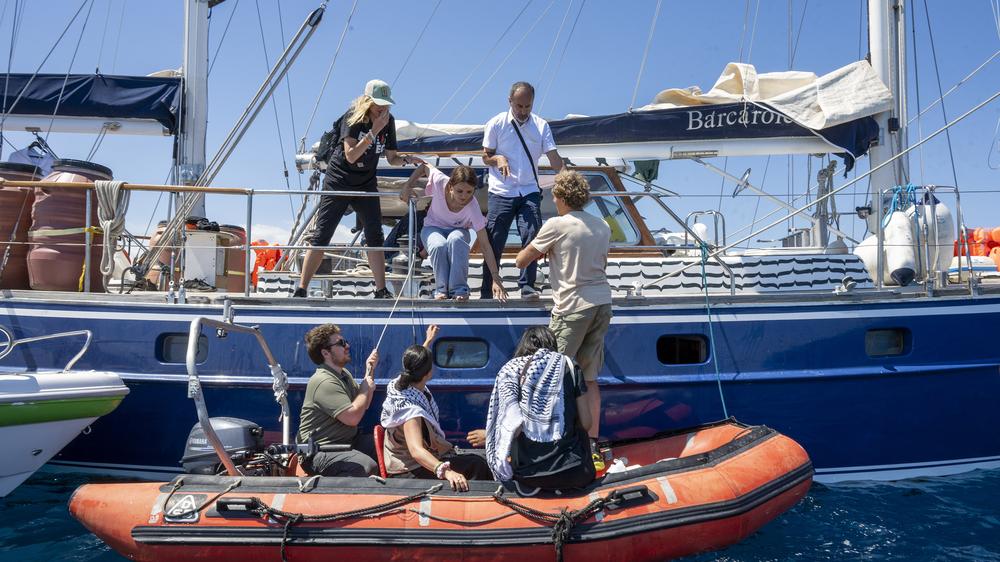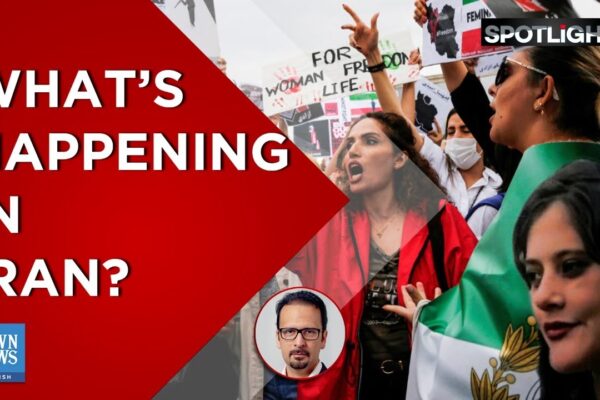
Introduction
Libya, a country located in North Africa, has been making headlines due to its ongoing political instability and economic challenges. The aftermath of the 2011 revolution, which led to the fall of Muammar Gaddafi, has resulted in a complicated landscape dominated by rival factions, economic struggles, and ongoing humanitarian issues. Understanding the current situation in Libya is crucial as it impacts regional security, migration flows, and international diplomatic efforts.
The Political Landscape
In recent months, Libya has seen a surge in political negotiations aimed at unifying the country’s fragmented governance. The Government of National Unity (GNU), led by Prime Minister Abdul Hamid Dbeibeh, has faced challenges from rival factions, most notably the Libyan National Army (LNA) led by Khalifa Haftar. As the GNU seeks to hold national elections, expected to occur in early 2024, tensions have increased, with various groups expressing dissent and contesting the legitimacy of the government.
Humanitarian Crisis and Economic Challenges
The persistent political disorder has contributed to a dire humanitarian situation. Millions of Libyans are in need of assistance, facing issues such as food insecurity, limited access to healthcare, and ongoing violence. According to the United Nations, over 1.5 million people in Libya require humanitarian support, with vulnerable groups, including displaced individuals, bearing the brunt of the crisis.
Economically, Libya remains heavily reliant on oil exports, which constitute most of its revenue. However, the oil sector has been plagued by closures and disruptions due to conflict and infrastructure damage. Recently, efforts to boost oil production have begun, but the country’s economy continues to struggle due to a lack of diversification and investments.
International Relations and Future Outlook
Internationally, Libya remains a focal point for various geopolitical interests, with countries such as Turkey, Russia, and Egypt playing significant roles in its affairs. These nations have vested interests in the outcome of Libya’s political landscape and are actively involved in supporting different factions. The upcoming elections could be a pivotal moment for Libya, potentially leading to greater stability or further conflict, depending on the outcomes and cooperation between rival powers.
Conclusion
The situation in Libya is complex, characterised by political fragmentation, humanitarian challenges, and potential for economic recovery. As the country moves towards elections in 2024, the eyes of the world will be on Libya, observing whether it can achieve a semblance of unity and peace. For readers, understanding the dynamics in Libya not only provides context to ongoing developments but also highlights the importance of international cooperation in fostering stability in the region.
You may also like

The Rising Threat: An Overview of Modern Dangers

Understanding the Current Political Landscape in the UK

Current Events: What’s Happening in Iran
SEARCH
LAST NEWS
- Remembering Wendy Richard: The Promise to Co-Star Natalie Cassidy
- How Did Anglian Water Achieve an ‘Essentials’ Rating for Mental Health Accessibility?
- Shai Hope Leads West Indies in T20 World Cup Clash Against South Africa
- What We Know About Weston McKennie: Future at Juventus and Past at Leeds
- What We Know About the Upcoming Live Nation Antitrust Trial